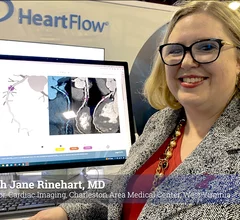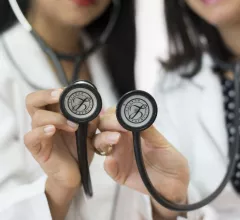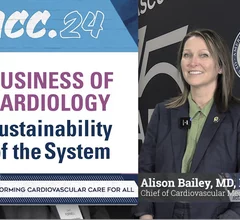Professional Associations
This page includes news coverage of medical associations and medical societies. Use these links to find focused news coverage from specific organizations: Cardiology Associations, Healthcare Associations, Radiology Associations.
Displaying 25 - 32 of 1054
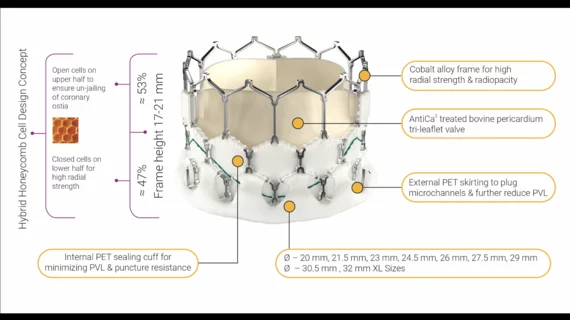
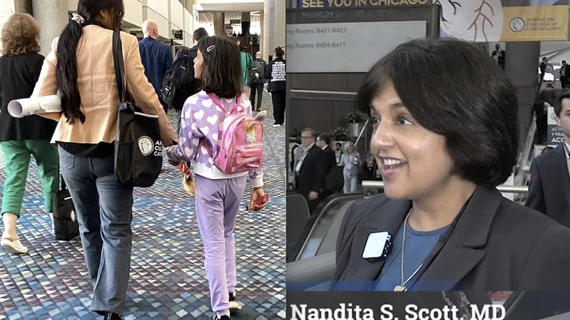
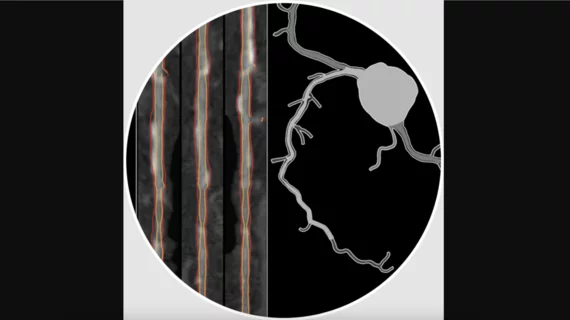

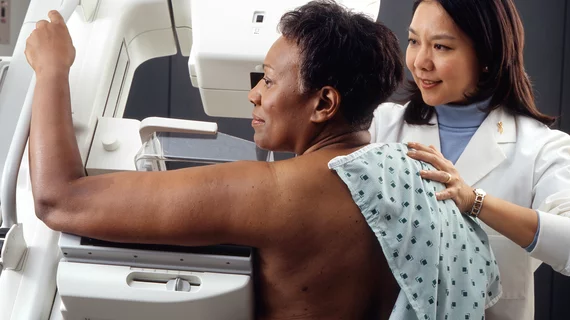



![An 86-year-old patient is showing signs of improvement six months after receiving the world’s first implant of a new-look medical device for treating tricuspid regurgitation (TR), according to new data published in JACC: Cardiovascular Interventions.[1] The device in question, the Tricuspid Flow Optimizer, was developed by Triflo Cardiovascular, a U.S.-based biomedical company founded in 2017 by a team of structural heart specialists.](/sites/default/files/styles/240x220/public/2024-04/screen_shot_2024-04-26_at_10.55.10_am.png.webp?itok=ZMT_brpB)
